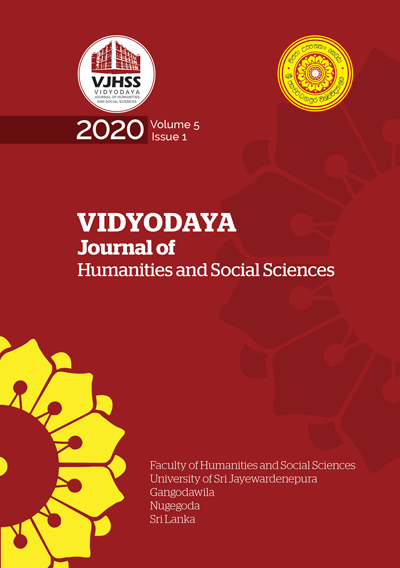Gender Inequality in Academia: A Spatial Analysis of Selected Tertiary Institutions in Ilorin, Kwara State, Nigeria
Abstract
Gender inequality is a situation whereby females do not have equal rights, opportunities, responsibilities and access to services as males. This paper presents reasons for gender imbalance among academic members of staff in three selected tertiary institutions in Ilorin, Kwara State, Nigeria. Specifically, the study identified the number of males as against females in academia; examined the perception of respondents on the causes of gender inequality in academia; assessed the various way to encourage young women academics; evaluated the challenges facing females in academia; and the benefits derived from female participation in academia. A total number of 194 respondents comprising 101 male and 93 female academic members of staff were purposively sampled in three tertiary institutions in Ilorin. These institutions represent 50% of government tertiary institutions at different levels in Ilorin. The institutions included Kwara State College of Education, Kwara State Polytechnic and University of Ilorin. Percentages, mean, Likert scale and chi-square were employed to analyse the gathered data. The results revealed that there are more male (76.1%) than female (23.9%) academic staff in the sampled institutions. The major perceived factor that causes imbalance is inadequate qualification by females due to tradition and poverty with a mean value of 4.30. The hypothesis tested confirmed that there is gender imbalance in academia. Also, 48.4% women listed family responsibilities as the most pressing challenge facing them as academia. Hence, proper education through seminars and workshops among communities to educate people on the benefits of female gender education and employment in academia is necessary.



